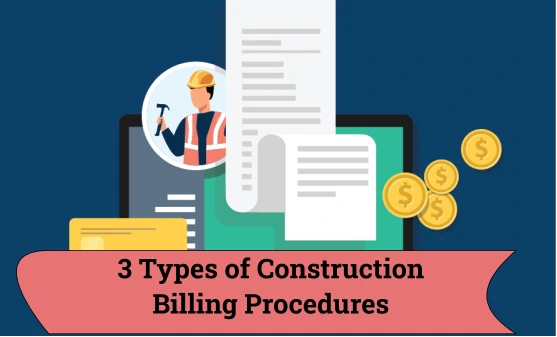Modular Building Construction is a construction process that relies on the components, being assembled in a factory, under controlled conditions and then being finalised on-site. This type of construction process is referred to as “off-site manufacture”. By 2024, this will have a global worth of around $142 billion
Origins of Modular Construction Practices
Modular construction has been around for a long time. The first recorded Modular Construction was around 1624 when an English fisherman brought a house with him to Cape Ann (present - United States). It was disassembled and reassembled several times. The new generation of offsite construction aims to push boundaries of design, engineering and sustainability – that will prove essential for construction and its image in the coming years.
Benefits of Modular Construction
Contractors in UK are implementing modular and prefabrication practices into their construction operations.
Quicker Turnaround
- One advantage of offsite construction is the time on site is minimised and the project length can be reduced.
- Subcontractors will not have to wait around for another subcontractor to finish the job.
- The builds are efficient, planned and utilise modern technology to ensure there are no delays once construction begins on final site.
Sustainable Projects
- 67% less energy is required to produce a modular building compared to a traditionally built building. (Source: The Waste and Resources Action Programme (WRAP).
- Modular projects being completed quicker equals energy usage is reduced at the project site.
- According to WRAP, 90% reduction in materials can be achieved through use of modular construction.
- Modular buildings can be disassembled and moved elsewhere.
- Minimisation of waste via cyclical method of construction along with durability and reusability are additions to sustainability of projects.
Repeatable Quality
- Human involvement is inevitably prone to mistakes.
- Reducing onsite construction and increasing checks in factory setting and improving first-time quality is a big factor for quality in modular construction.
- Contractors working alongside technology have an advantage when it comes to delivering repeatable quality for its customer and end-users.
Modular Construction is impacting and influencing the construction management industry. Today, modular construction is mainly reserved for residential projects but the possibilities are many.
Download the Powerplay App for resource management, labour management, task management and speed up your construction projects.






